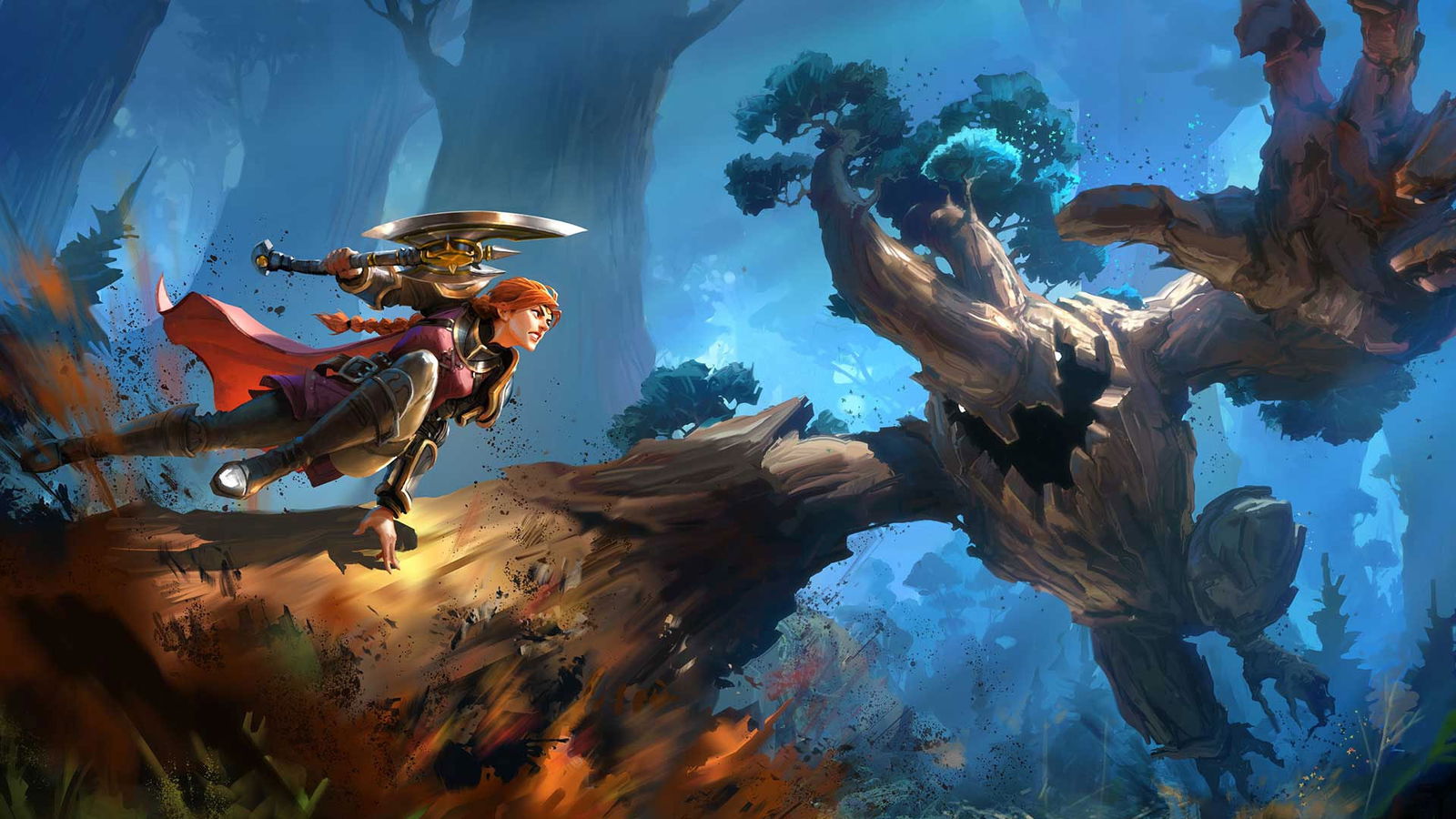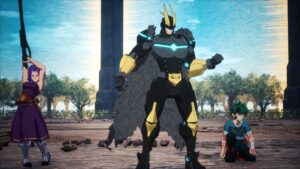Massively multiplayer online games have a unique ability to hold a player’s attention for years, sometimes even decades. While graphics, combat, and world design play their roles, the real staying power often comes from deeper systems that foster both challenge and community.
In some games, this longevity is amplified by intricate in-game economies and trading hubs. Albion, for example, is more than just a marketplace; it’s a player-driven ecosystem that fuels interaction, strategy, and even competition.
Many players buy and sell in-game currency, items, and much more on an Albion Online shop. By connecting the economy to the game’s broader world, systems like these keep players invested far beyond the initial excitement.
Let’s have a look at some of these MMO features that keep players coming back for years.

Evolving Worlds That Feel Alive
One of the most compelling aspects of long-lived MMOs is their ability to grow and change over time.
Developers frequently introduce new storylines, environments, and gameplay mechanics, giving players a reason to log back in and see what’s changed. This sense of evolution creates the illusion of a living, breathing entity that exists even when the player is offline.
Seasonal updates, surprise world events, and shifting political or factional control can dramatically alter the in-game landscape. When players know that the world will be different tomorrow, they feel an urgency to experience it today.
Consider the example of the World of Warcraft game franchise, whose first game was launched in 2004. It has been over two decades, and the game still feels fresh and relevant for today’s players. WoW launched a new battle royale mode in March 2024. When talking to PC Gamer, WoW’s general manager, John Hight, says that players can see many more limited-time events in the future.
Player-Driven Economies
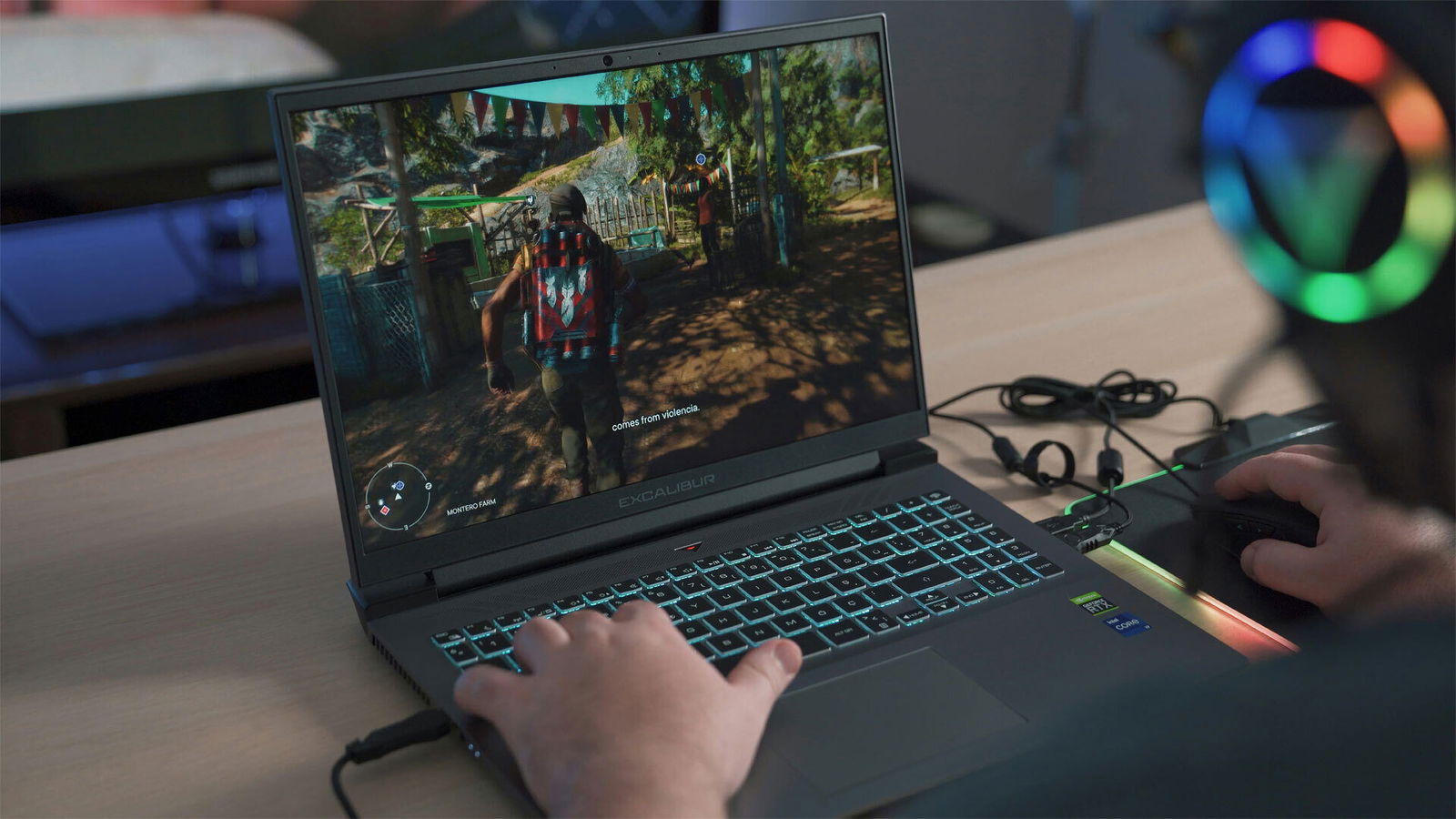
MMOs with robust trading and crafting systems give players a sense of ownership over the game world. Marketplaces, auction houses, and player-to-player trading create entire subcultures where economic skill can be just as valuable as combat ability.
Successful player-driven economies reward those who understand supply and demand, resource scarcity, and seasonal market shifts. This adds an additional layer of gameplay, appealing to those who might prefer negotiation over fighting.
According to CNL Gaming, in-game currencies are the lifeblood of player-driven economies like Albion Online. They help jumpstart progress and allow players to compete at higher levels.
Some players build their in-game identities entirely around being merchants, crafters, or traders. This proves that a good economy is as much a social feature as it is a mechanical one.
Besides Albion Online, there are many other games where trading and crafting rule. According to MMO Bomb, other MMORPG games that emphasize these aspects include New World, EVE Online, Palia, and Guild Wars 2.
Rewarding Progression Systems
Players are far more likely to stick with a game that respects their time and effort.
According to Number Analytics, a well-balanced progression system blends achievable short-term goals with long-term aspirations. This ensures that there’s always something meaningful to work toward. This might mean gradually unlocking new abilities, earning rare mounts, or building a perfect set of gear through crafting and trading.
As a Vocal article notes, having a compelling progression system is probably one of the most crucial aspects of a successful MMORPG. The sense of growth and achievement that a progression system brings can keep the gamers engaged for years.
Games that avoid excessive grind while still rewarding dedication strike the right balance between challenge and satisfaction. Also, progression should feel personal. A player’s character should reflect their work in the stats, skills, and equipment. This builds a sense of pride that’s hard to walk away from.
Diverse Gameplay Paths
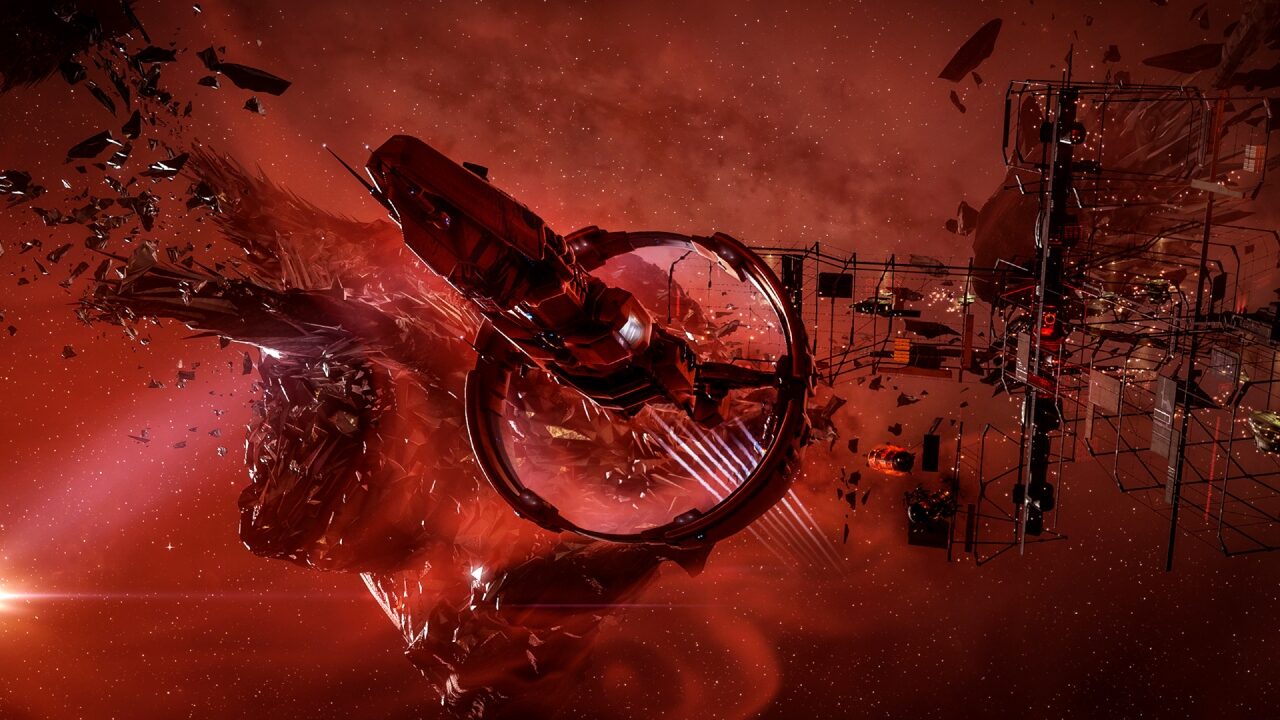
The best MMOs understand that not every player wants the same experience. Some thrive on competitive PvP, testing their skills against other players, while others prefer the cooperative challenge of massive raids. Then some take a more relaxed approach, exploring hidden corners of the map, fishing in scenic locations, or perfecting their crafting techniques.
Offering multiple viable playstyles not only broadens the appeal but also helps retain players who might otherwise burn out on one activity. This variety keeps the community vibrant, as different player types interact in the same world while pursuing entirely different goals.
One of the biggest examples of diversity in MMOs can be seen in the character builds. Many MMOs have a wide range of character classes to choose from. Final Fantasy XIV, Lost Ark, Path of Exile, and Star Wars: The Old Republic are some such games. There’s also Black Desert Online, which so far has 26 classes.
Engaging Endgame Content
Once players reach the highest levels, the game’s design must give them fresh challenges to keep the excitement alive. Well-designed endgame content, such as high-difficulty raids, ranked PvP seasons, or dynamic world events, can provide hundreds of additional hours of gameplay.
The best endgame content also evolves over time, ensuring that even the most experienced players find something new to master. This constant refresh keeps the competitive scene alive and provides ongoing reasons for casual players to stay engaged. Without this layer, many MMOs see a steep drop-off in activity once players “finish” the main progression path.
Frequently Asked Questions
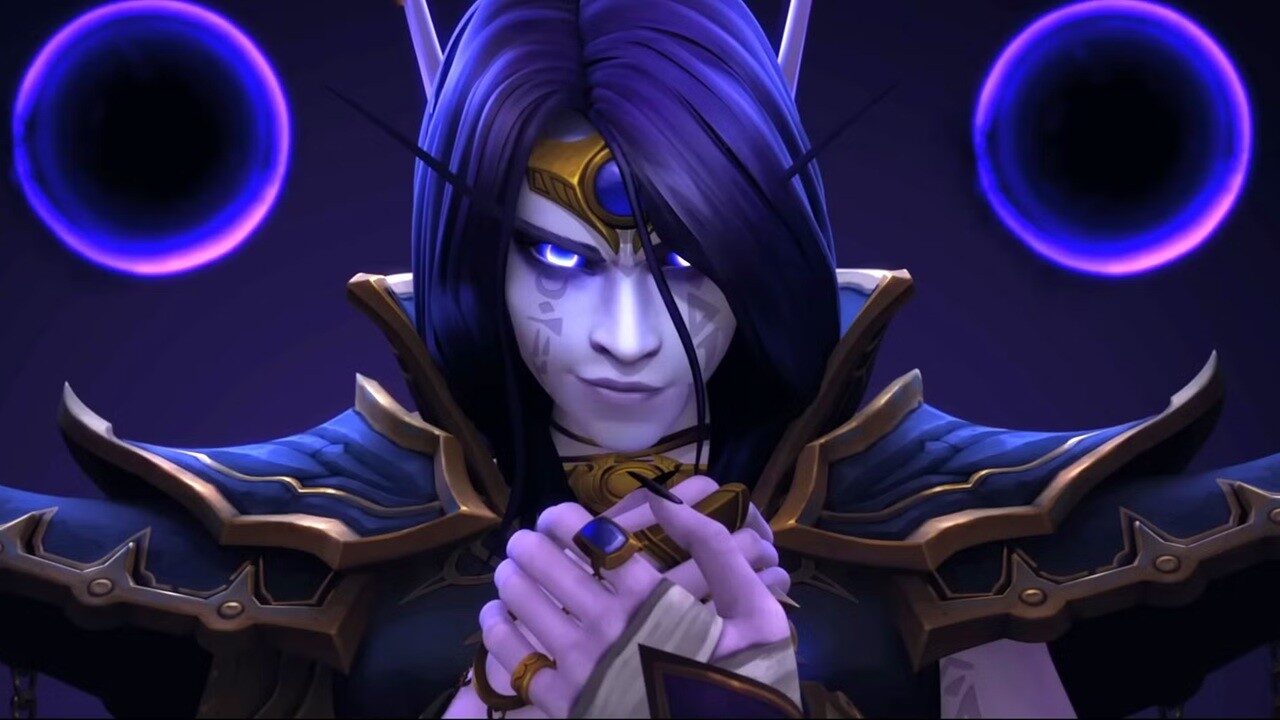
Can single-player fans enjoy MMOs?
Yes. Many modern MMOs offer story-driven content, solo-friendly quests, and AI companions so players can progress without relying heavily on groups. While social interaction is a core strength of MMOs, these features make them approachable for gamers who prefer to play at their own pace.
Do MMOs ever reach a “finished” state?
Most MMOs are designed as ongoing services rather than finite products. Even if a storyline arc concludes, developers often add new areas, challenges, and events to keep the game fresh and engaging. Games often shut down when they’re no longer financially viable rather than reaching a narrative end.
How important is cross-platform play for MMOs today?
Cross-platform play is becoming increasingly important as players expect to access their characters and progress across PC, console, and even mobile. It not only broadens the player base but also helps maintain healthy server populations over the long term. This feature is especially valued in games with competitive or cooperative modes that require large groups.
The enduring success of an MMO rarely comes down to just one element. It’s the careful balance between world-building, progression, and variety that transforms a game from a passing distraction into a memorable experience.
The most popular titles are those that feel alive, shaped not only by developer updates but also by the actions of their players. In a gaming landscape filled with fleeting trends, the MMOs that master these features don’t just hold attention; they earn loyalty for years.
